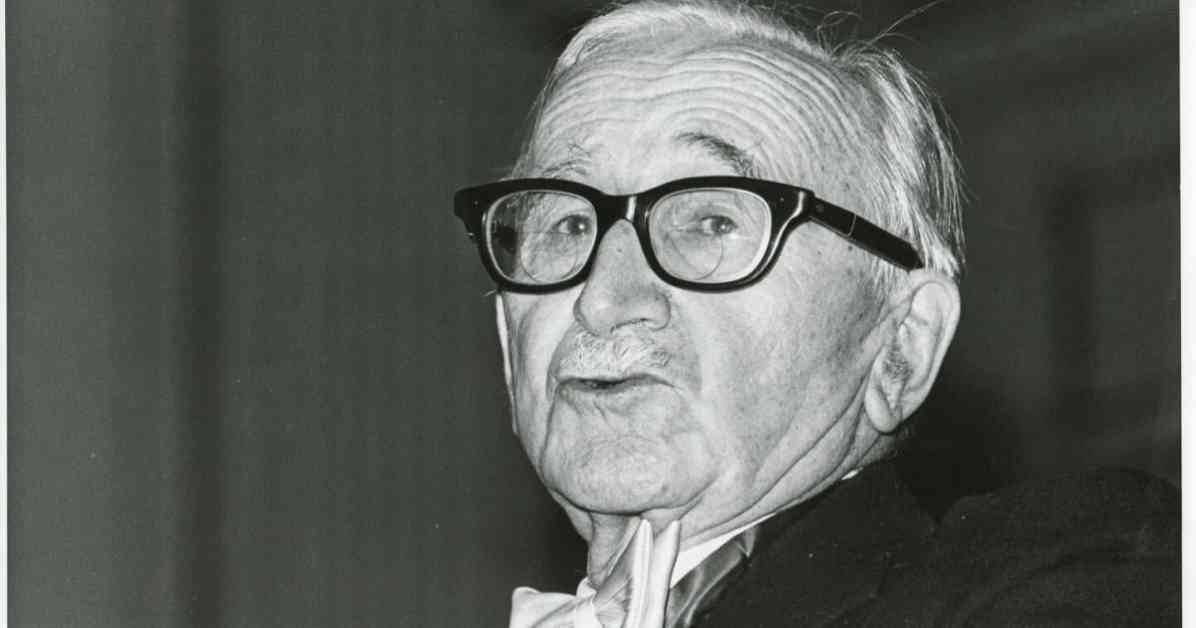Today, Monday, the Nobel Prizes in Economics were awarded. Economists Daron Acemoglu, Simon Johnson, and James A. Robinson were honored.
However, there is also an Austrian Nobel laureate. Exactly 50 years ago, economist Friedrich August von Hayek, born in Vienna in 1899, received the Nobel Prize in Economics. A fervent advocate of the free market economy, he had to share the prize with his “counterpart,” the Swede Gunnar Myrdal, a proponent of the welfare state. The two conducted research in the field of monetary and business cycle theory. Hayek is considered a pioneer of neoliberalism. His theories and books influenced US and British economic policy in the 1980s, along with Ludwig von Mises, Friedrich Hayek was one of the most important representatives of the Austrian School of Economics following Carl Menger, Eugen Böhm-Bawerk, and Friedrich Wieser.
Hayek was born on May 8, 1899, into an industrial family in Vienna, which had acquired its noble title through contributions to the industrialization of Austria. After studying at the University of Vienna, he obtained a Doctor of Laws degree in 1921 and a Doctor of Political Science in 1925. His most important teacher and later friend was the economist Ludwig von Mises. After a two-year stay in the USA, Hayek led the Austrian Institute for Business Cycle Research from 1927 to 1931, now the Austrian Institute for Economic Research (Wifo), and in 1929 he qualified as a lecturer in economics and statistics at the University of Vienna. At just 32 years old, Hayek became a professor at the prestigious London School of Economics in 1931, where he was considered the most prominent representative of the Austrian School and opponent of John Maynard Keynes during the 1930s and 1940s. Hayek acquired British citizenship in 1938.
From 1950 to 1962, Hayek taught at the University of Chicago, and from 1962 at the University of Freiburg, where he retired in 1968. In addition to numerous other visiting professorships, Hayek was appointed as a visiting professor at the University of Salzburg in 1970. “Disappointed with Austria” and complaining about the “repeated experience of research bureaucracy, harassment, and lack of support,” he left Salzburg in 1977 to settle back in Freiburg. He passed away on March 23, 1992. In more than 50 books, he portrays the market as a complex social phenomenon. In his seminal work, “The Road to Serfdom,” the economist warns of the dangers of economic and social planning, which he believed inevitably leads to totalitarianism. After numerous visiting professorships, Hayek passed away in Freiburg in 1992. The Vienna Hayek Institute, named after him, is led by economist Barbara Kolm, who is close to the Freedom Party of Austria (FPÖ).

















